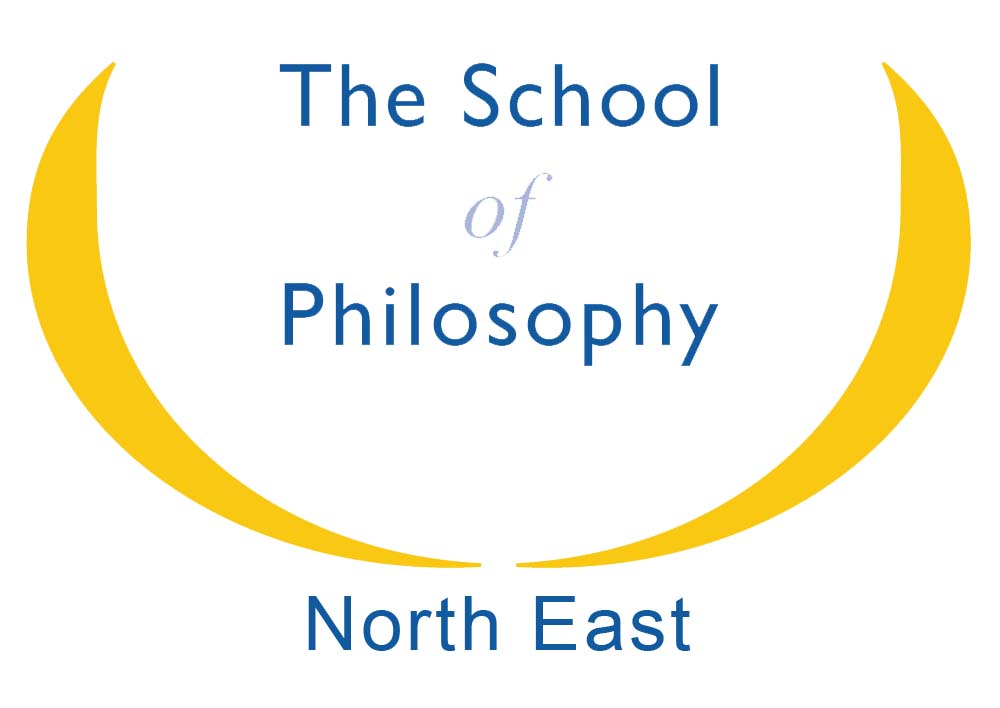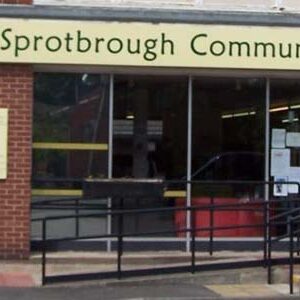Doncaster
Discover the Wisdom Within:
Embark on a Transformative Journey
with Practical Philosophy
10 week Doncaster in-person course
Practical Philosophy
from both East & West
Designed to be practical, the course promotes applying wisdom in everyday life.
Through discussions, exercises, and reflections, we relate philosophical insights to personal experiences, promoting personal growth, mindfulness, and ethical living.
This course, conducted in a nurturing, collaborative environment, is open to all, regardless of previous knowledge or spiritual practices. It aims to bring wisdom, harmony, and peace into your life
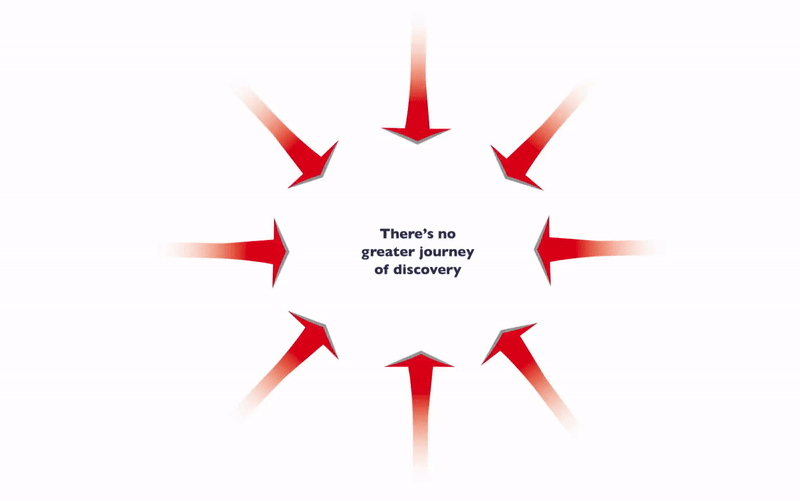
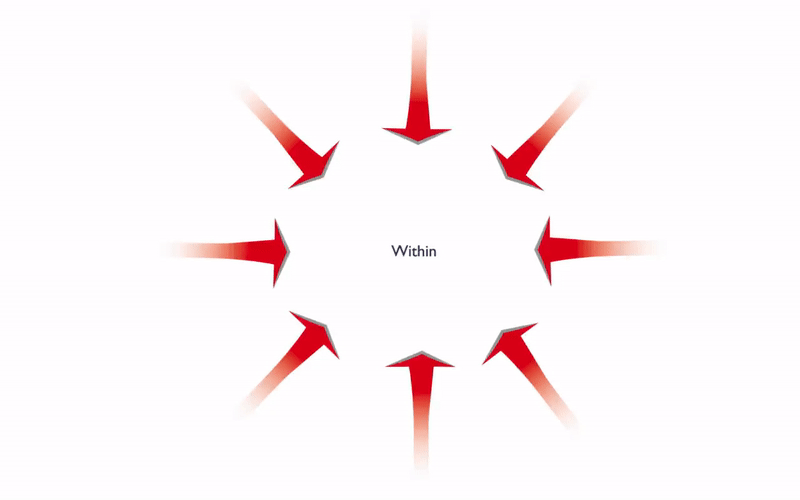
Learning Outcomes
By the end of the Doncaster course, you will have
- developed a deeper understanding of yourself and the world around you.
- You will learn to approach life’s challenges with newfound calm and clarity, bringing about a more harmonious, purposeful, and joy-filled life.
This course promises not just intellectual stimulation, but a transformative journey that can lead to personal growth, improved mental well-being, and a richer, more satisfying life experience.
About the Tutors
Our tutors are not just teachers but passionate students of practical philosophy themselves.
They come from various walks of life, bringing diverse experiences and insights into the classroom.
Committed to the subject, they share their philosophical journey with joy, guiding others on their path of discovery.

“...I am benefiting greatly from the content and the practical nature of it. Thank you, it is enriching my life.”
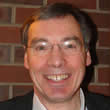
Centre Registrar:
Lyndon Walters
Tel: 07582 060613
What students say...
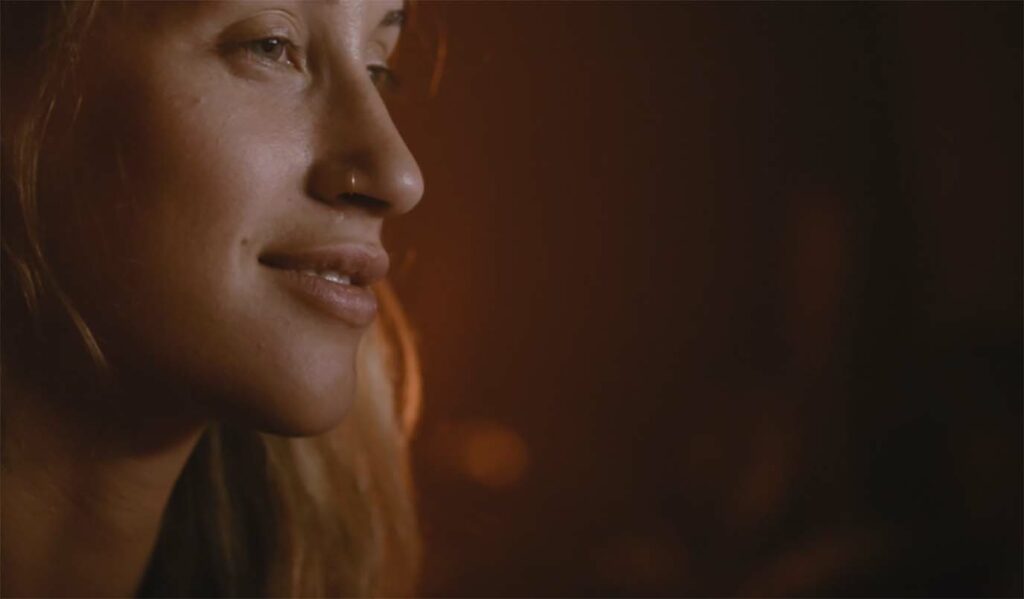

"The knowledge and experience that I have gained from the philosophy classes has helped me to discover more about myself and better prepare for dealing with life's daily surprises and challenges."




Doncaster Course outline
Each week, we’ll explore a different theme, enriching your understanding and practical application of timeless philosophical teachings.
From unlocking your inner wisdom to deep discussions on the nature of beauty.
Our course provides an engaging journey of self-discovery and personal transformation. This journey offers invaluable insights into life and yourself, illuminating the path to a truly happy and fulfilled existence.
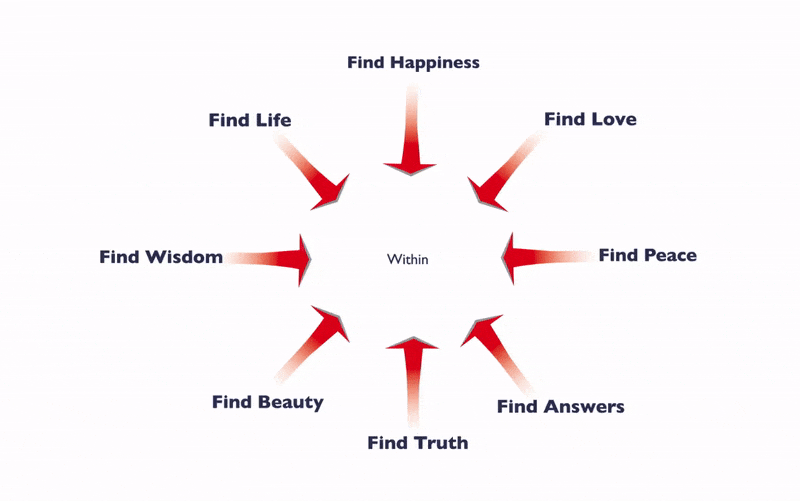
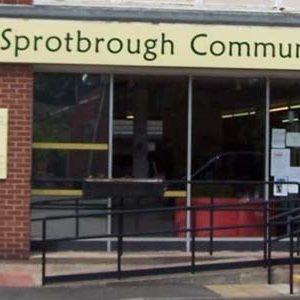
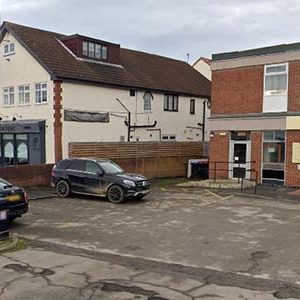

Course dates & times
- Tuesdays from 30th September, 7.15pm-9.30pm
- DONCASTER: Sprotborough Library, Sprotborough Rd, Doncaster DN5 8BA
- Limited Spaces
- Course fee £10
Frequently Asked Questions
The course is practical in the sense that it takes philosophical ideas and shows how they can be of direct use in our everyday lives. The intention is to stimulate enquiry and through this expand the way we look at the world and ourselves.
Enrol online on this site or by call the contact number available on the relevant location page.
If you register online, you will receive a confirmation email with your day of attendance. If you register by any means other than online, you will receive a receipt confirming your registration.
Yes, we have local venues in Doncaster, Leeds, Nottingham, Sheffield, Loughborough, Leeds, York, Huddersfield, Saltaire and Brighouse. There are also many other local venues in other parts of the UK where you can attend the course face-to-face.
No, all you need is an open and enquiring mind. The course is intended for everyone, regardless of education, occupation, race, political or religious belief.
First you need to enrol on a course. The in-person courses are available in Doncaster, Leeds, Nottingham, Sheffield, Loughborough, Leeds, York and at many other local venues up and down the UK. A local map can be found on this page.
If you have any questions simply call us on the contact phone number on the relevant location page.
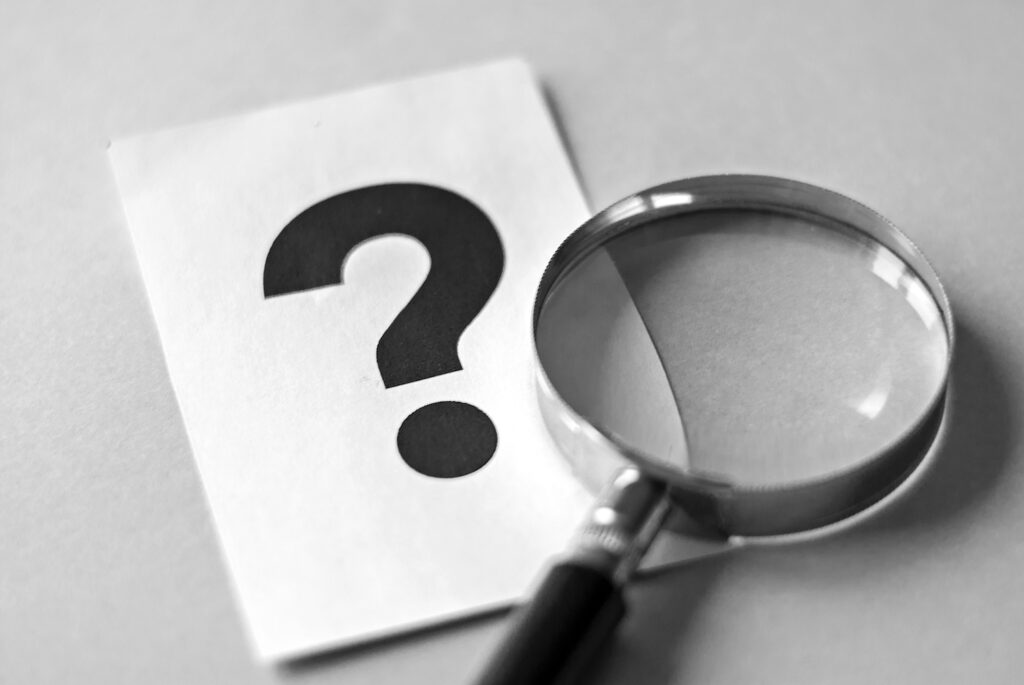

“...I am benefiting greatly from the content and the practical nature of it. Thank you, it is enriching my life.”
-
Courses
Doncaster Practical Philosophy Course – 30th September 7.15pm
£80.00Original price was: £80.00.£10.00Current price is: £10.00. Add to basket
Course Fee
Our course is competitively priced, offering exceptional value at £10. If you have any questions simply email us at: lyndonw@fses.org

Money-back Guarantee
We are confident in the transformative power of our course. That’s why we offer a risk-free guarantee. If you’re not satisfied within the first two weeks, and no longer wish to continue, just let us know and we’ll refund your course fee.
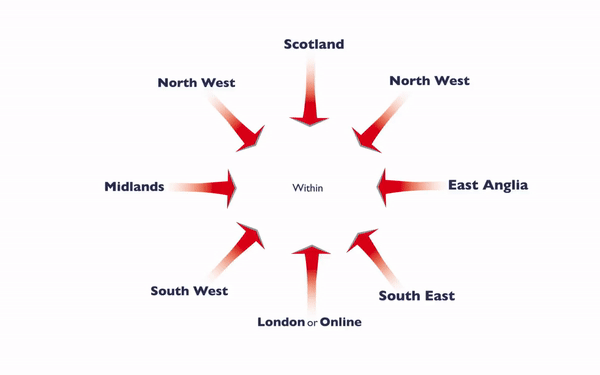

Questions or concerns?
Questions or concerns? We’re here to help! Feel free to reach out at: lyndonw@fses.org
-
Courses
Doncaster Practical Philosophy Course – 30th September 7.15pm
£80.00Original price was: £80.00.£10.00Current price is: £10.00. Add to basket
What some of our students say...








